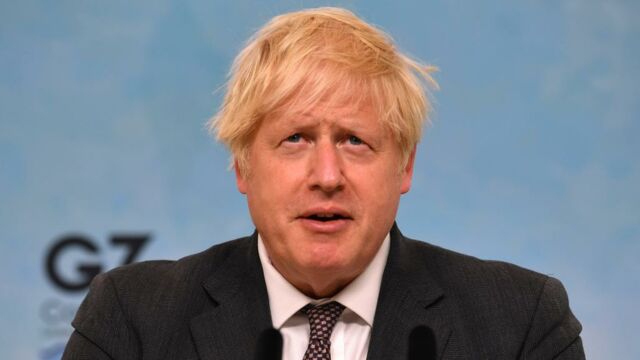Since the very beginning of the pandemic, Brits have been waiting for June 21st, ‘Freedom Day’, the very signal that life can finally go back to normal. Unfortunately, due to the rapid spread of the Delta variant, it seems that ‘Freedom Day’ might have to wait.
Discover our latest podcast
Freedom Day could be delayed for up to four weeks
Today Boris Johnson is set to address the public with updates on the June 21st Freedom Day. The day was destined to be the final step to lockdown lifting, allowing the country to return to normality. Johnson was initially supposed to deliver the news on the 7th of June but instead delayed the announcement over fears that the UK may be facing a third wave. Reports now expect the PM to postpone the lockdown lifting for up to four weeks, marking the new Freedom Day for the 19th of July.
Johnson spoke to ITV on Saturday warning that in order to remove restrictions permanently, the public must ‘remain cautious’:
Well, we are going to be setting out our position on Monday, but what I can certainly tell you is that to deliver an irreversible roadmap which is what we want, you've to be cautious.
The Government has previously highlighted a ‘data over dates’ strategy to the lockdown lifting. However, until now, the rollout has been right on schedule. The PM will announce to the public today that the latest data on the spread of the Delta variant means it is simply too risky to remove all restrictions.
A government source revealed to The Telegraph that the delay was necessary to ensure as many people as possible had access to their first and second doses:
A delay would allow for more first doses but also, critically, more second doses and more time for those doses to take effect. It would give protection to many, many millions of people who haven't had their second doses yet but may be vulnerable to coronavirus.
The source continued: ‘The Prime Minister always said the reopening should be 'cautious but irreversible'. We don't want to do anything that risks going backwards.’
The country’s vaccine rollout has been a huge success so far, with 78% of adults already having received their first dose and 55% being fully protected. Vaccines are now going out to those between the ages of 25-29, with a record number of COVID vaccine bookings reported last week.
However, the latest figures from Public Health England (PHE) show that instances of the Delta variant have increased by 240% over the last week, with 42,323 cases to date. Last week, the PHE also announced that the variant is estimated to be 60% more transmissible than the Alpha variant - a strain initially found in Kent.
Doctors from the British Medical Association (BMA) have also warned that lifting restrictions on the 21st could ‘undo the excellent work of the vaccine programme and lead to a surge of infections.’
It's not just about the number of hospitalisations, but also the risk to the health of large numbers of younger people, who can suffer long-term symptoms affecting their lives and ability to work.
What restrictions will remain after June 21st?
PM Boris Johnson hoped that the 21st of June would spell the permanent end for all COVID restrictions including, social distancing, attendance limits on events and the reopening of nightclubs.
With the new potential Freedom Day delay, it is also expected that many of these rules will also remain in place, including face masks, the rule of six, and advice to work from home.
It is expected that nightclubs will remain closed, and attendance limits on events in arenas and theatres will also hold steady. However, these measures will be reviewed again at the two-week mark of the extension.















